Faced with having to go to court over an unpaid debt, many people get overwhelmed and can’t–and automatically lose. Students at BYU Law designed a platform to make the whole process more manageable.SHAREFacebookLinkedInBlueskyXLink
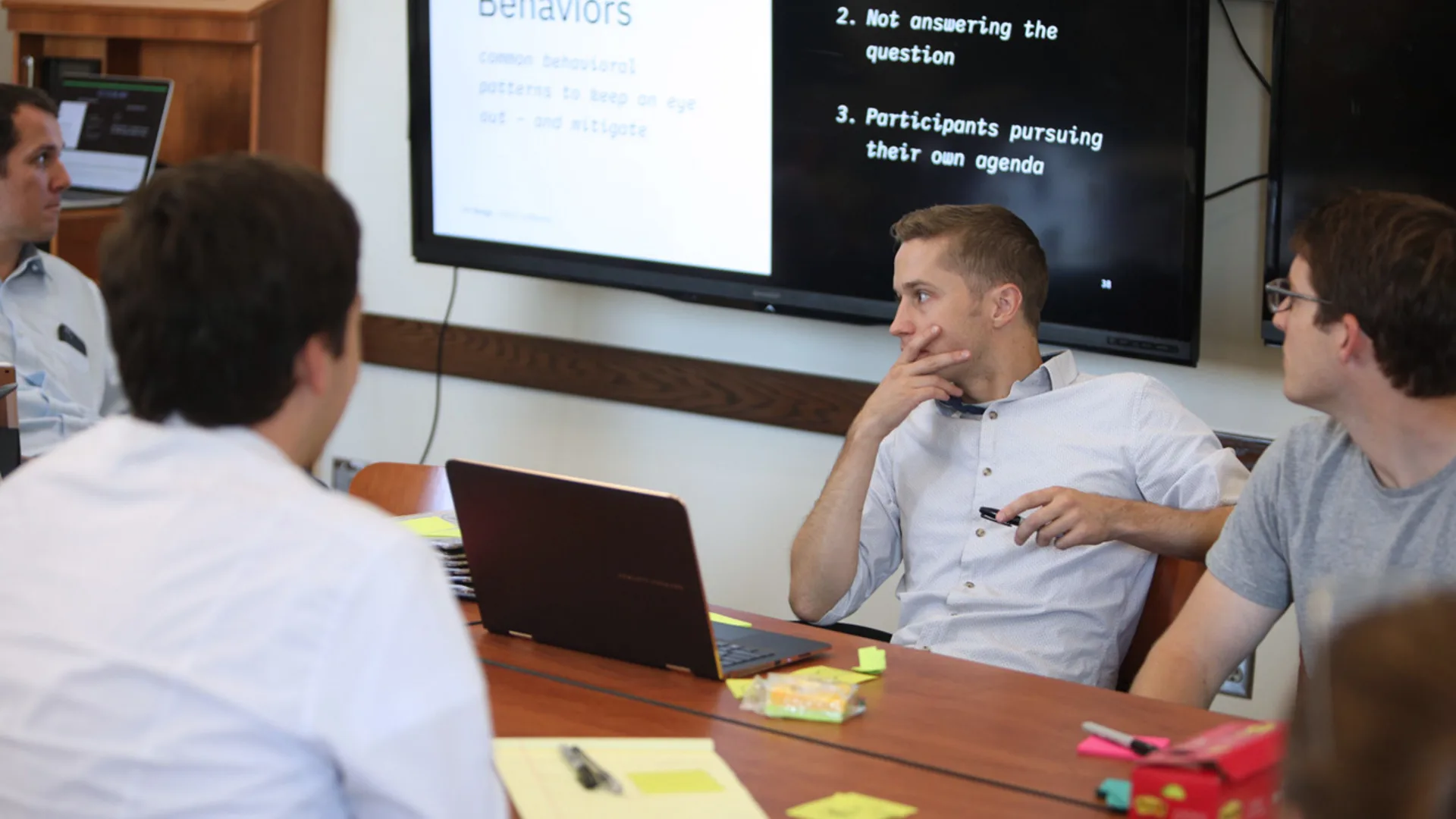

BY Adele Peters
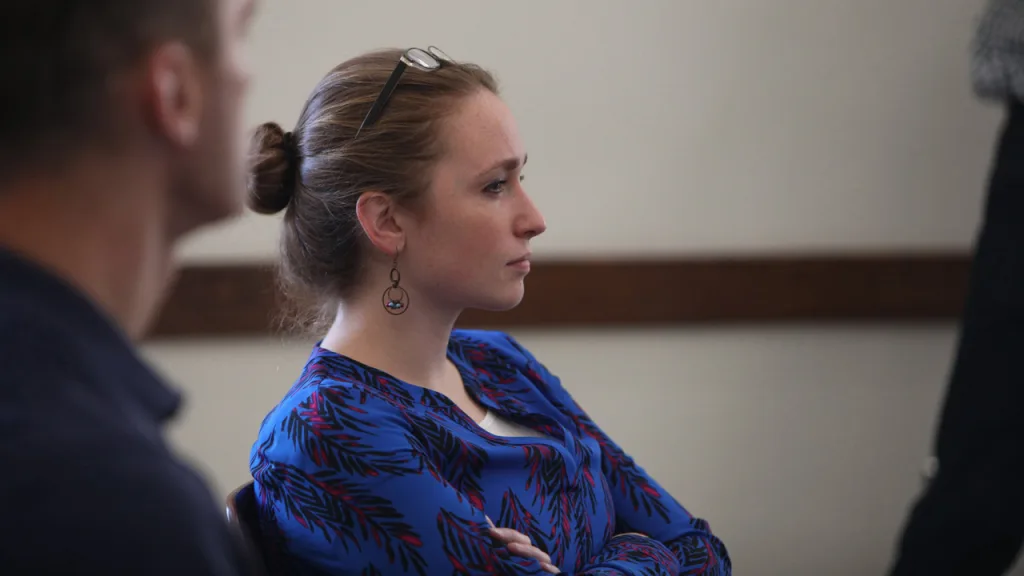
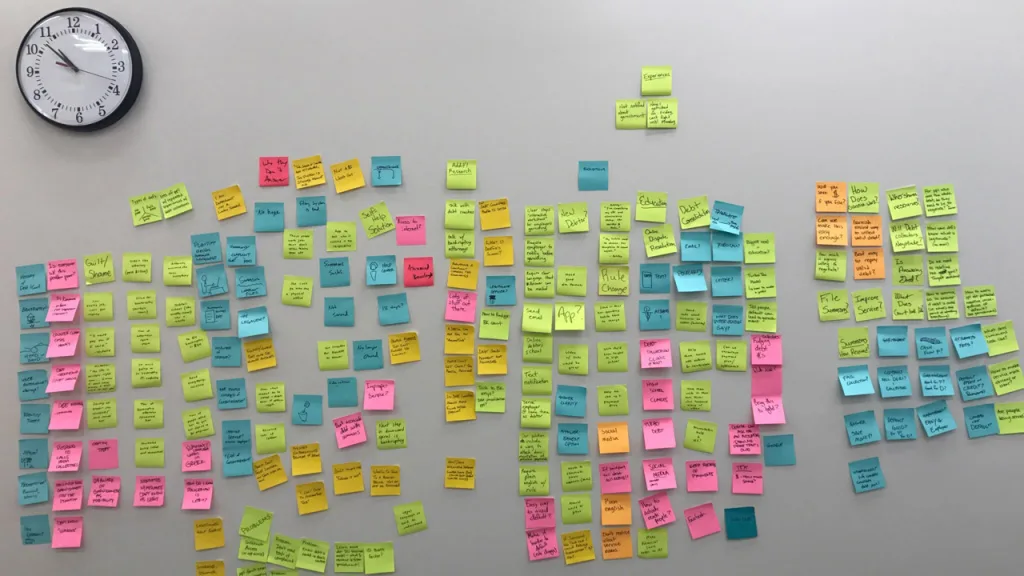
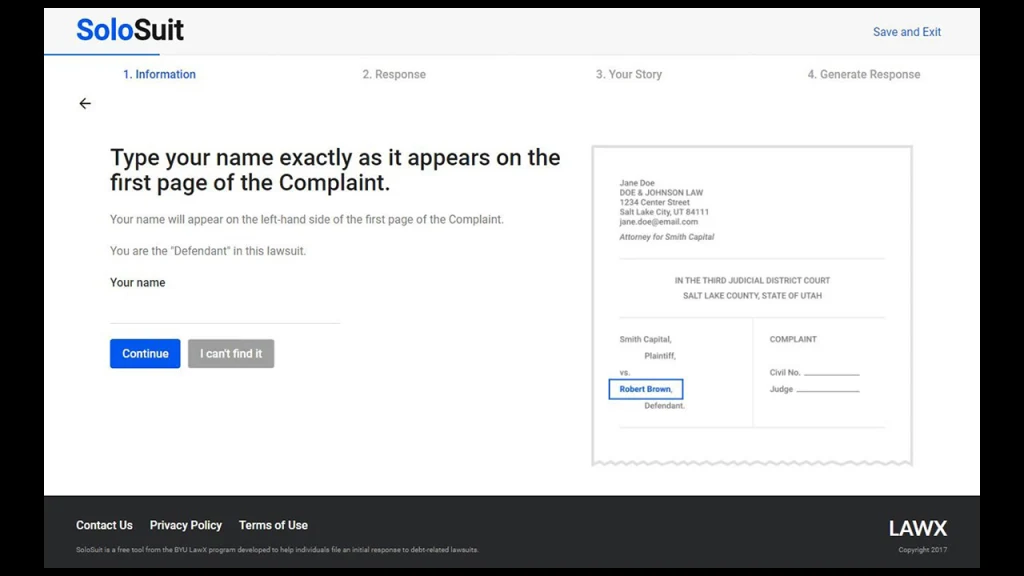
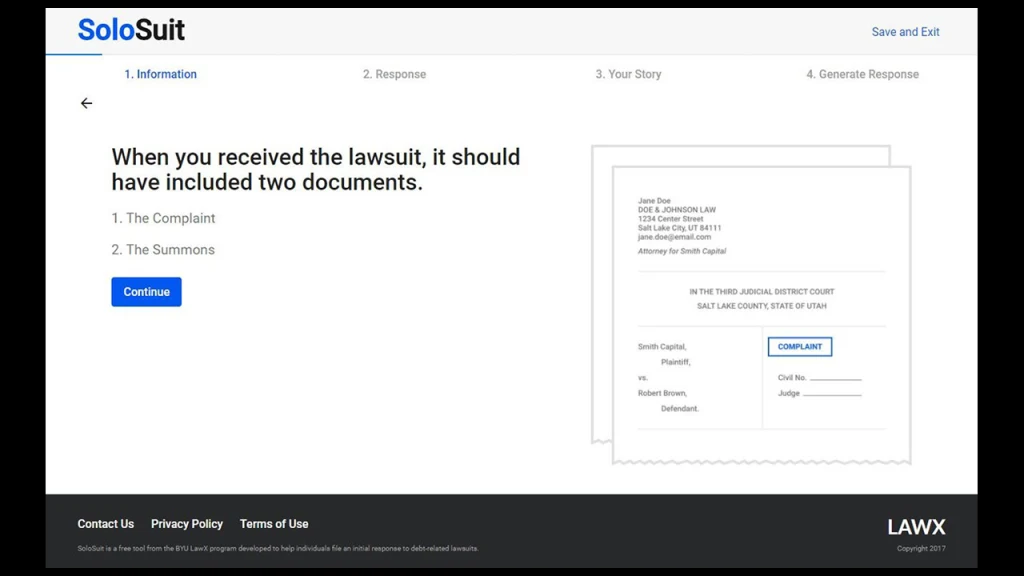
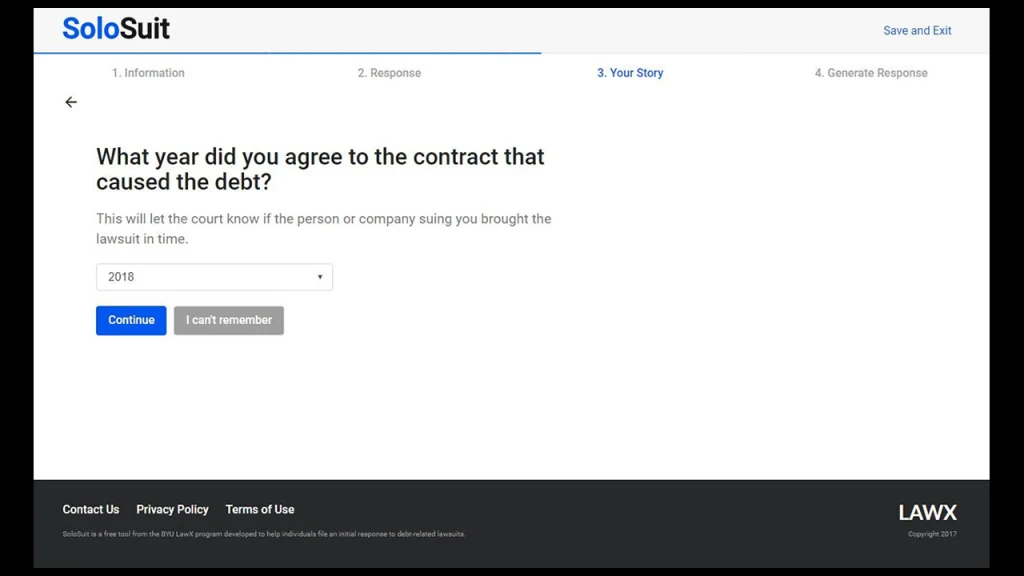
When a mother in Springville, Utah, got a medical bill after her son’s surgery, she realized that the health insurance company hadn’t covered the cost of anesthesia, and she couldn’t afford to pay it herself. The debt went into collections, and when she was served a lawsuit, she didn’t answer–meaning that she automatically lost the case, and became responsible not only for the medical debt but the cost of attorney fees.
Her experience was not unusual. In the last five years, more than 330,000 debt collection lawsuits have been filed in Utah–a state with a population of only around 3 million. The number is nearly twice that of all other types of lawsuits in the state, combined. Cases typically involve medical debt or payday loans. The majority of people who are sued don’t respond and automatically lose.
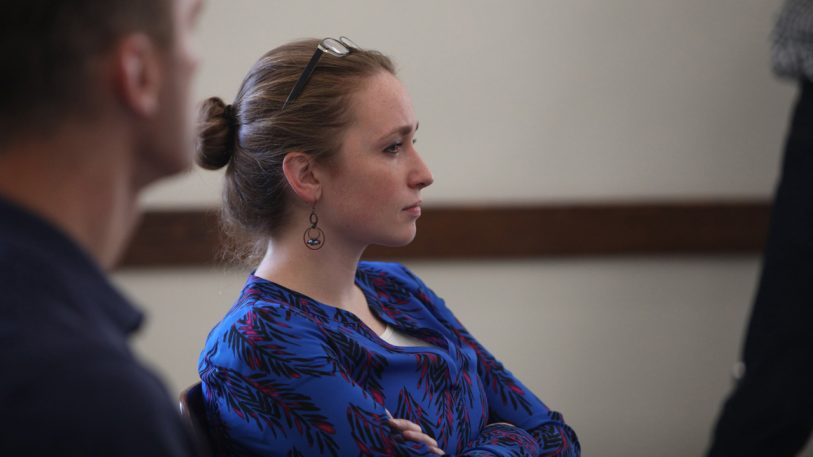
A new website called SoloSuit, created by students at Brigham Young University Law School, helps debtors answer a lawsuit if they can’t afford a lawyer. The tool was created during a new, startup-like legal design class. “The idea was that we would pick one issue in the law that makes the law difficult for non-lawyers to navigate,” says Kimball Parker, who leads the LawX class.
When a debtor is sued, they receive a legal document called a complaint with a list of numbered allegations. Although it isn’t difficult to respond, the document doesn’t exactly make it clear how to do so. Parker, who previously worked on trials–a much later stage of a lawsuit–said that he didn’t know how to respond himself the first time he encountered a complaint.
“It’s not rocket science,” he says. “The problem is it’s not intuitive, so even as a lawyer, I had no idea what to do. If you don’t have someone holding your hand the first time, it’s hard to figure out.”
After some basic training in design thinking, the students interviewed debtors who had defaulted to understand their challenges, and then worked with a design student, a software engineer, and an industrial design professor to create a Turbo Tax-like site. The site quickly walks someone through a response by asking simple questions, and then automatically generates a document that they can send in.
Once someone takes that first step, they can get pro bono help from lawyers with the rest of the case (SoloSuit lists a number of local agencies). There are a series of defenses a debtor can use–for example, the collections agency might have filed the lawsuit too late, or harassed the debtor, or the contract between the parties might have been breached. In some cases, a debt is sold or passed down through so many parties that the debt holder may only have a single line of data–and courts may decide that’s not enough evidence to prove that a contract existed. The lawyers who take on pro bono cases “actually have a pretty high success rate of either reducing the debt or getting the debt eliminated altogether,” Parker says.
In many cases, attorney fees might be dismissed. As the students researched why so many debt collection lawsuits are filed in Utah–including tens of thousands of cases for debts less than $100–they realized attorney fees were a large motivation. Regardless of the size of the debt, an attorney automatically gets $250 by filing the lawsuit, with paperwork that might take 10 minutes. Some cases involve a debt of $10.
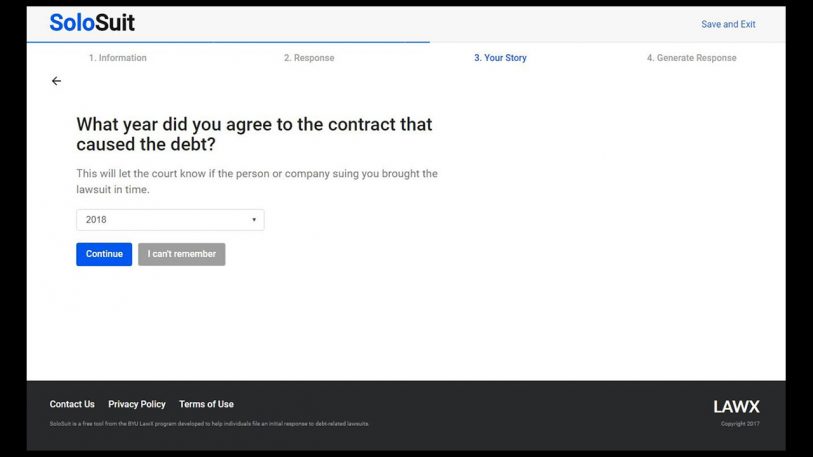
The team also identified other challenges for debtors. While attorneys can file an answer to a lawsuit online, if someone represents themselves initially, they have to print and mail the answer to the court. “We talked to some people who said, ‘I can’t do that,’” Parker says. “‘I’m a single mom, I have to drag my kids to Kinkos, I don’t have a printer.’” The team is in talks with the court committees to try to make it possible for people to file by email instead.
Similiar problems exist in other states, and the software will soon expand to other locations. Later this year, the court system in Alaska will begin piloting it. The tool can easily be adapted for other legal documents that also require forms. A nonprofit in Arizona plans to begin using it for eviction cases.
This fall, the class will look for another issue to tackle. “We want to pick a big problem,” says Parker.
ABOUT THE AUTHOR
Adele Peters is a senior writer at Fast Company who focuses on solutions to climate change and other global challenges, interviewing leaders from Al Gore and Bill Gates to emerging climate tech entrepreneurs like Mary Yap.. She contributed to the bestselling book Worldchanging: A User’s Guide for the 21st Century and a new book from Harvard’s Joint Center for Housing Studies called State of Housing Design 2023 More

